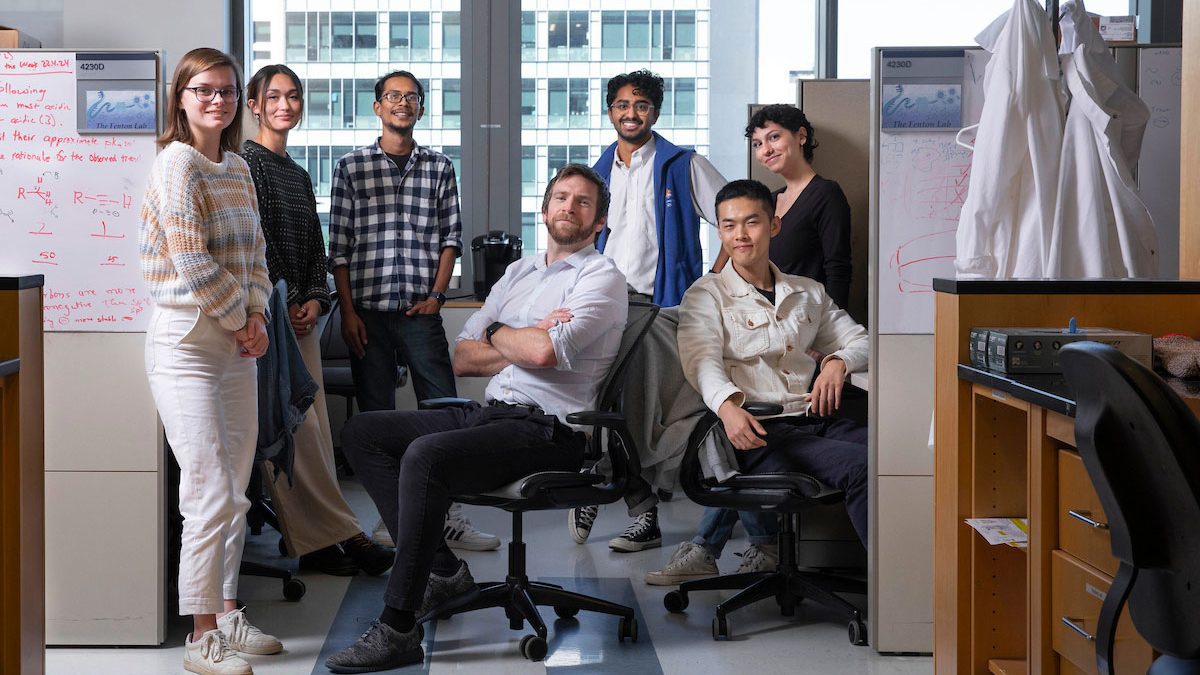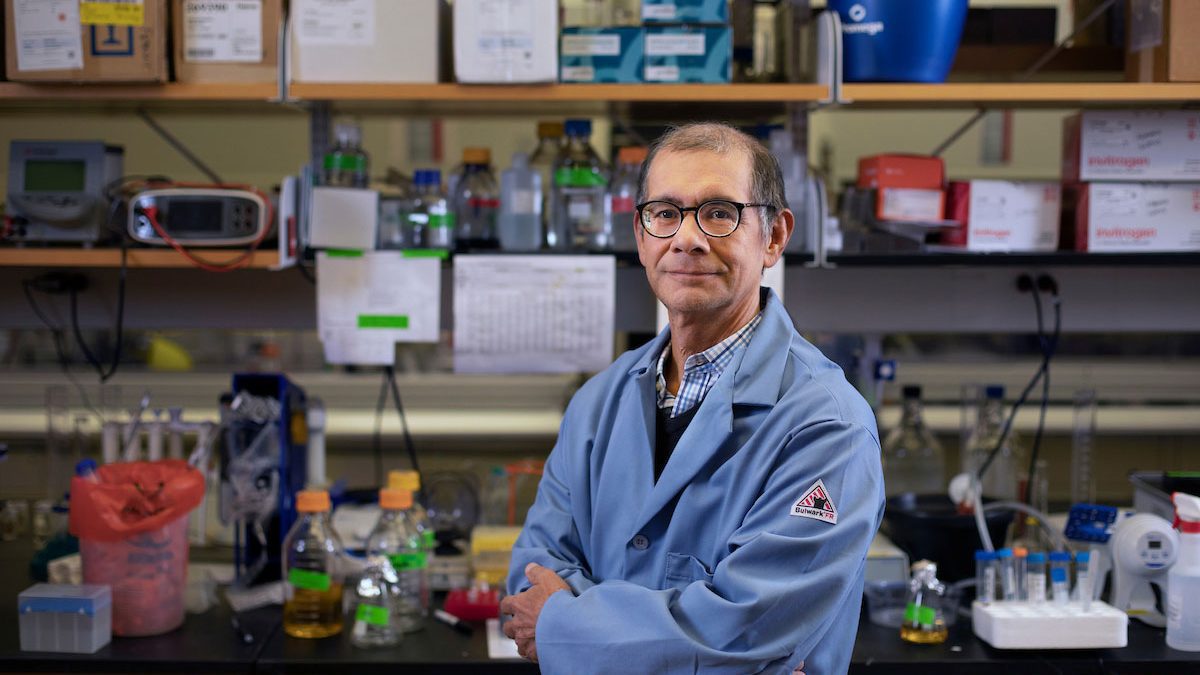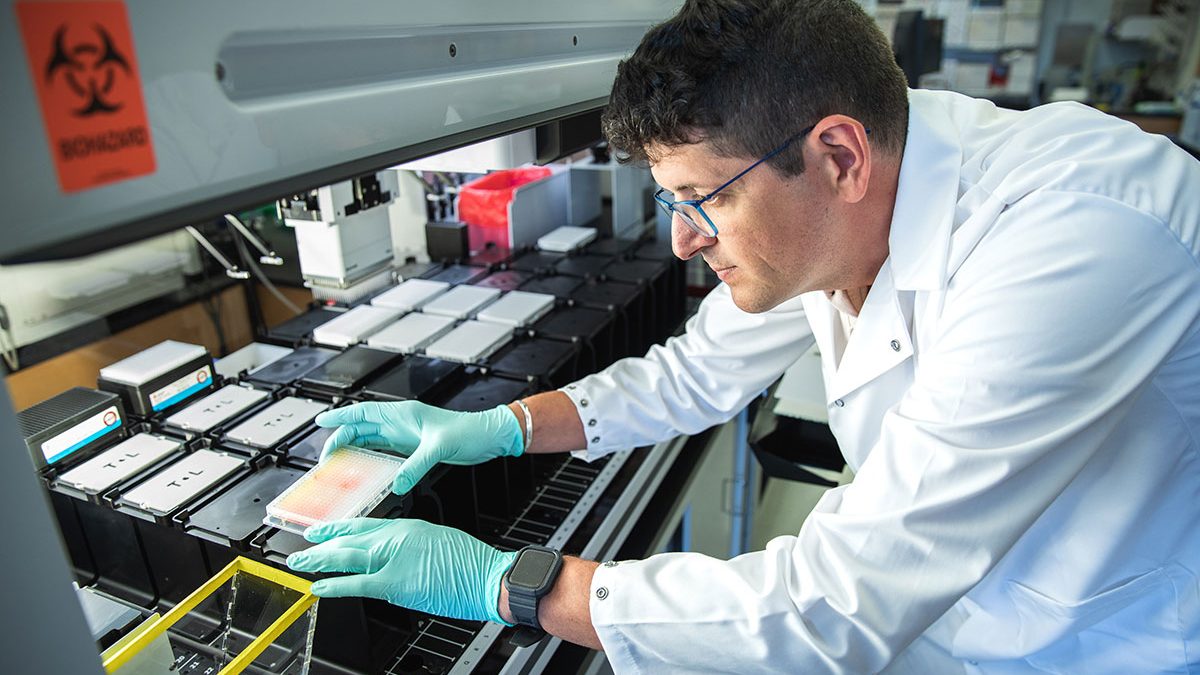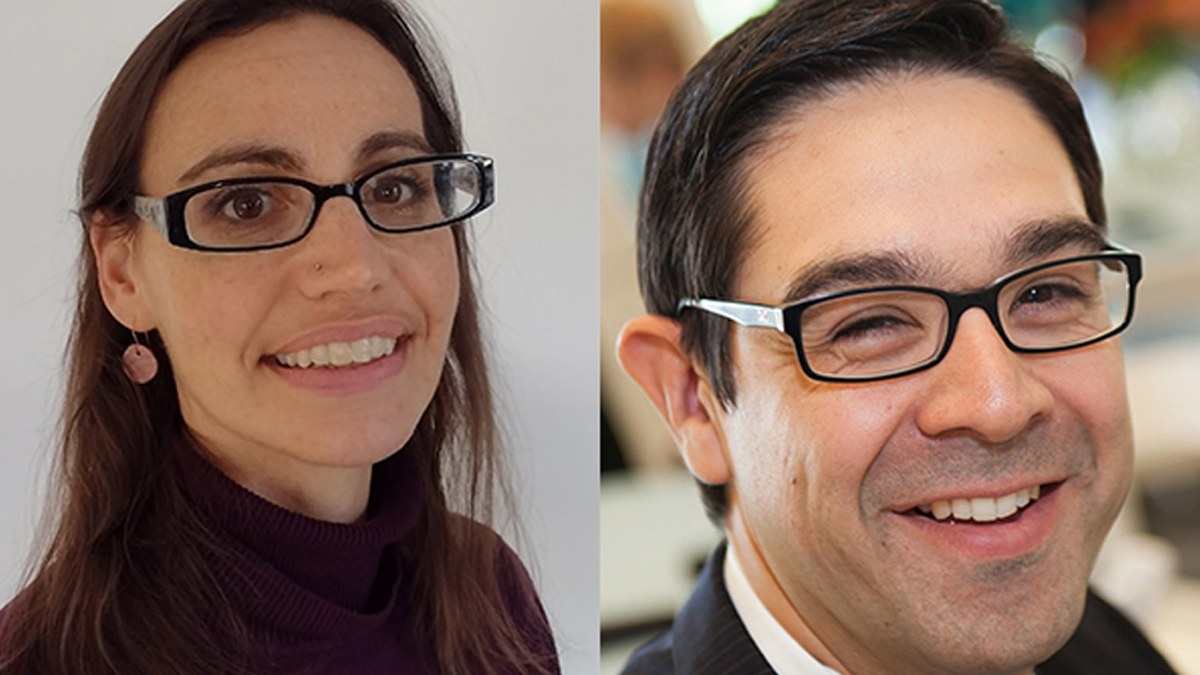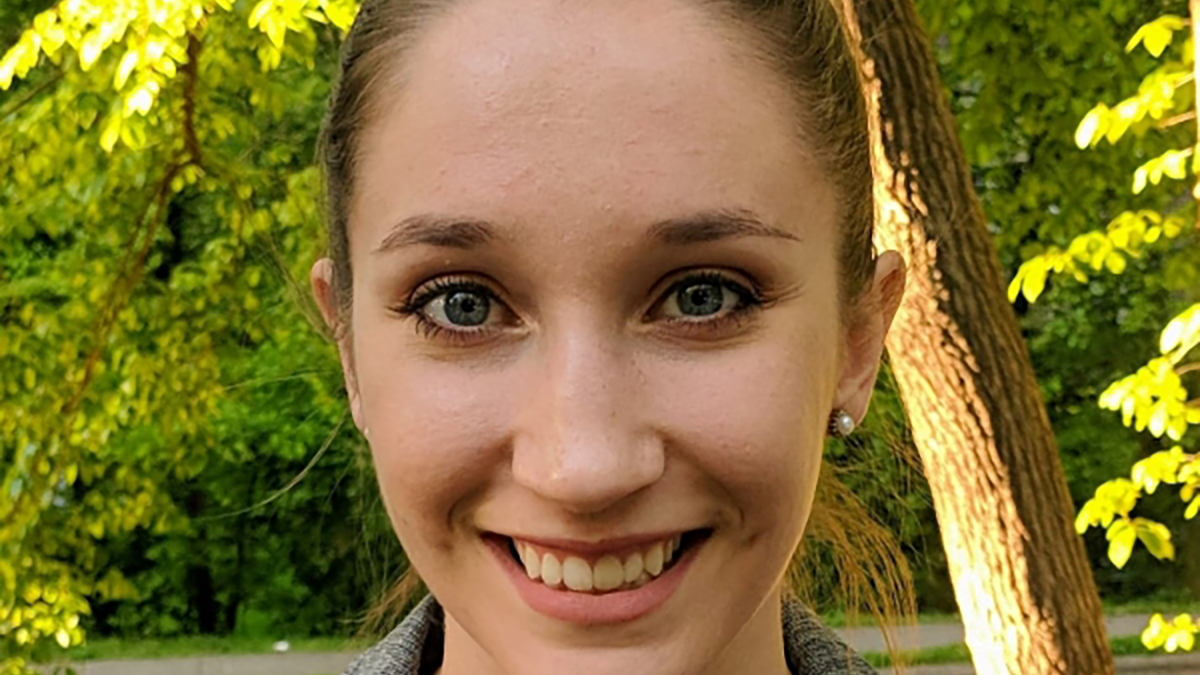A Historic Gift To Accelerate Innovation
Published on September 27, 2015"An investment in a bright future for North Carolinians and beyond."
"An investment in a bright future for North Carolinians and beyond."
When Fred Eshelman ’72 made a $100 million commitment to the UNC Eshelman School of Pharmacy in 2014, it was — and still is — the largest gift from an individual in the University’s history. It was an investment in the revolution of new ideas in pharmacy education, practice and science. It was an investment in a bright future for North Carolinians and beyond. The gift created the Eshelman Institute for Innovation.
Read the complete Carolina Story from UNC Eshelman School of Pharmacy…Opens in new window
This is story number 85 in the Carolina Stories 225th Anniversary Edition magazine.
